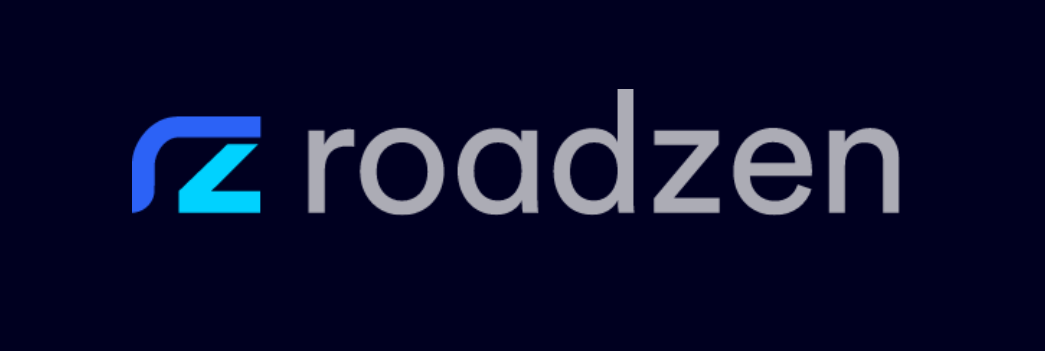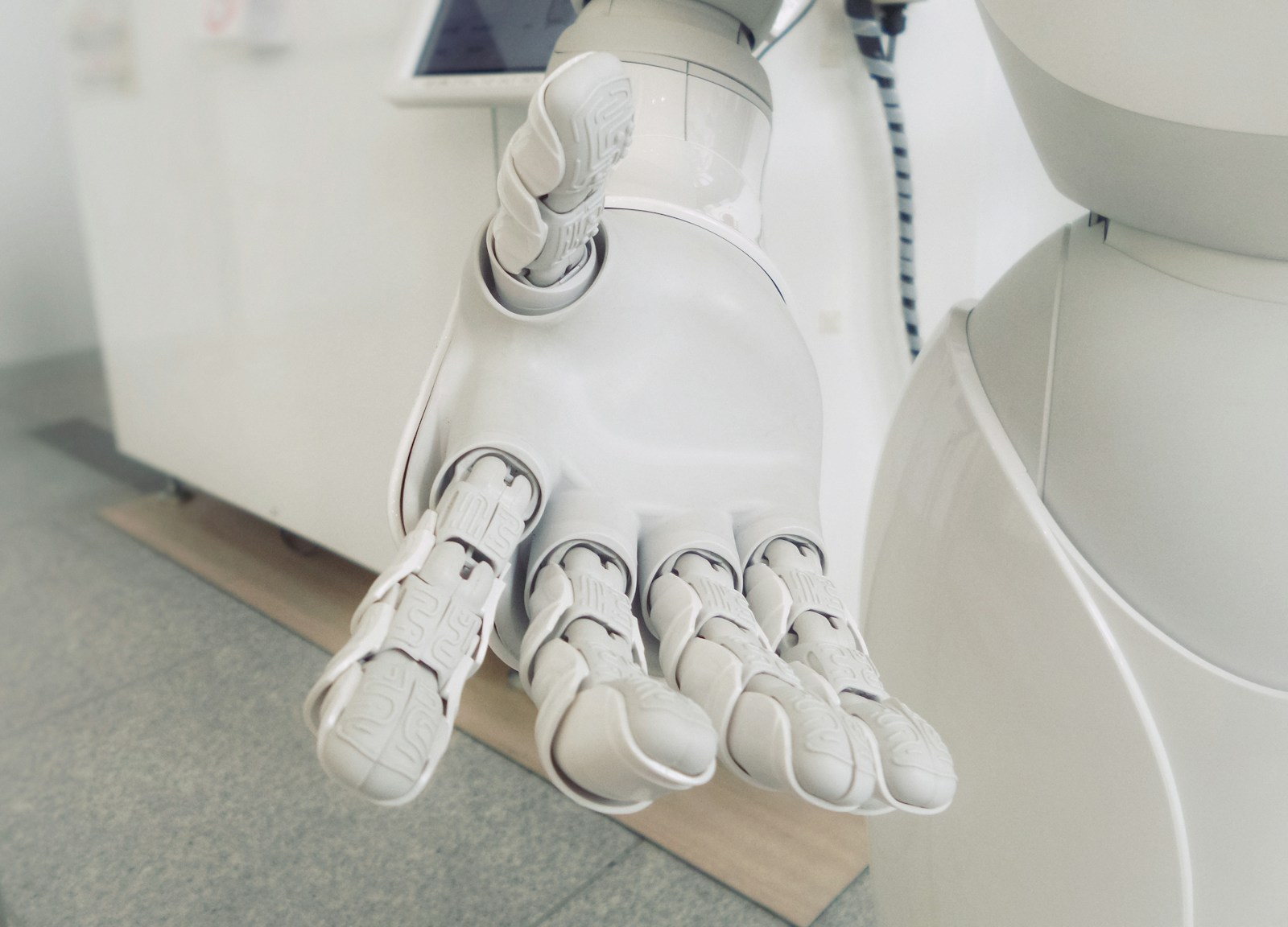Insider Brief
- Microsoft announced a $1.3 billion investment over three years in Mexico to enhance AI infrastructure and promote AI skills development, aiming to reach 5 million people.
- The investment will drive AI adoption in small and medium businesses, improve digital transformation, and support sustainability projects like carbon removal and clean energy.
- Microsoft is committed to democratizing AI and supporting Mexico’s economic growth through technology, digital infrastructure, and skills training.
PRESS RELEASE — During his keynote at the Microsoft AI Tour 2024 in Mexico City, Chairman and CEO Satya Nadella announced that Microsoft Corporation is reaffirming its commitment to the country. He revealed a new investment of $1.3 billion over the next three years to enhance AI infrastructure and initiatives aimed at promoting digital and AI skills. This includes the Artificial Intelligence National Skills program, which aims to democratize access to AI skills and reach 5 million people. The investment will also work on improving connectivity and encouraging AI adoption by small and medium-sized businesses to accelerate their digital transformation and business operations within the country.
Microsoft reaches its 38-years presence in Mexico seizing a pivotal moment of opportunity driven by technology and artificial intelligence. With a long-standing commitment to the nation and recognizing AI’s role as a catalyst for social and economic growth, Microsoft is expanding its AI infrastructure in Mexico. This involves a significant investment to increase local computing capacity and encourage innovation.
“We are entering a new era of AI with the promise to create inclusive economic growth and opportunity across every role, industry, and country, including in Mexico,” said Satya Nadella, Chairman and CEO, Microsoft. “Our investments in AI infrastructure and skilling in Mexico will help ensure people and organizations across the country realize the benefits of this technology shift.”
Expansion of AI Infrastructure in Mexico and innovation for the Mexican AI ecosystem
Microsoft reinforces its commitment to Mexican continuous economic and social development, highlighting the role of AI as a foundational technology with a transformative capability to help solve societal problems, improve human productivity, cybersecurity, make companies more competitive and expand social and economic opportunities in the country.
This infrastructure will operate under Microsoft’s AI Access Principles which were created to foster innovation and healthy competition within the rapidly growing AI economy. They reflect Microsoft’s expanding role and responsibility as a leader in AI and commit the company to making investments, forging business partnerships, and creating programs that ensure broad access to its AI technology that empower organizations and individuals to develop and use AI in ways that will serve the public good.
Companies and education institutions like Grupo Bimbo, Tec de Monterrey and Cemex are successful examples of AI adoption in Mexico. Tecnológico de Monterrey has developed Tecgpt, its own platform with Microsoft generative AI, to improve the learning process and increase efficiency and productivity among students, teachers, and other employees, being one of the first of its kind in Latin America. Furthermore, Cemex has implemented Microsoft’s AI solutions that has significantly enhanced productivity and operational efficiency, and has transformed various business areas, including sales, production, and supply chain with the introduction of Technical Xpert, an AI-powered copilot.
Microsoft’s announcement includes the Artificial Intelligence National Skills Initiative, with the goal of democratizing access to AI skills, training 5 million people in three years, partnering with governments, industry, academia and civil society to train users, developers, teachers, organizational leaders and more, at scale. The company is developing a training platform aimed at job seekers and employees, providing resources aligned with labor market needs. Given the rise of generative AI in daily work, we will focus on this area to make it accessible to all and integral to everyday tasks in any job. This includes helping medium and small companies understand the AI capabilities their employees need for success and productivity.
According to a Microsoft study: “AI in micro, small and medium-sized enterprises: trends, challenges, and opportunities in Mexico” in 2023, 57% of the SMBs surveyed in Mexico were using AI, primarily to improve operational efficiency, make data-driven decisions, and personalize the customer experience. Microsoft is investing in The Bridge Accelerator program to assist regional SMBs and prepare them to be integrated into the North American industry value chains through the implementation of an AI platform for SMBs (“PyMAIs”). This initiative will enable 30,000 SMBs in three years, to update their business practices, enhance their market competitiveness, increase their exposure to prospective customers and make them ready to integrate into cross-border supply networks.
Microsoft will continue to invest in the application of AI, by leveraging the AI for Good program, to address health, connectivity, and sustainability challenges in Mexico:
- Health challenges: Retinopathy of prematurity (RoP) is a leading and preventable cause of infant blindness, particularly affecting premature babies in the Global South. The shortage of pediatric ophthalmologists makes it challenging to diagnose RoP early. Microsoft AI for Good has developed AI models that run on smartphones, enabling doctors in Mexico to diagnose RoP effectively.
- Connectivity: Microsoft and Viasat have expanded their November 2022 collaboration agreement to reach more than 1.45 million people by the end of 2025 in Mexico. This includes activating new networks to bring internet to 150k+ Mexicans previously uncovered by cellular connectivity. This network expansion is accompanied by Viasat’s female-led Mexico Ambassador Program, which partners with local women to help bridge the gender digital divide. This presence is spread across thirteen central and southern states (Hidalgo, Puebla, Veracruz, Yucatán, Quintana Roo, Chiapas, Querétaro, Campeche, Guanajuato, Jalisco, Michoacán, Oaxaca y San Luis Potosí). This initiative complements Viasat’s ongoing work with “CFE Internet para Todos”, where Viasat has partnered with CFE by connecting more than 1500 communities across Mexico.
- Sustainability is fundamentally important to Microsoft and is reflected in our ambitious corporate targets to become carbon negative, water positive, and zero waste company that protects ecosystems by 2030. At Microsoft, we design, build, and operate cloud computing infrastructure spanning the whole stack, from datacenters to servers to custom silicon. We design, build, and operate cloud computing infrastructure, with more than 60 datacenter regions globally. This creates unique opportunities for orchestrating how each element can work together to enhance both performance, efficiency and sustainability.
Microsoft continues to evaluate and diligently work to address sustainability and resource needs associated with infrastructure growth. Microsoft has taken a first-mover approach to our planning, making long-term investments to bring more carbon-free electricity onto the grids where we operate. Our Power Purchase Agreements, or PPAs, are at the center of our approach. Today, we have contracted over 34 GW of renewable energy across 24 countries, marking progress toward accelerating renewable energy markets and supporting the global energy transition. We continue to advocate for the expansion of clean energy solutions around the world.
In Mexico, Microsoft is also focused on increasing access to clean water and sanitation solutions through our water replenishment projects and work to restore ecosystems. In support of our target to be carbon negative by 2030, recently Microsoft signed a 6-year deal with The Next 150 to remove up to 95,000 tons of CO2 from a biochar project in Guanajuato, Mexico. Additionally, in April, Microsoft signed a 1-year deal with Toroto SAPI de CV to remove 234,000 tons of CO2 through a forest ecosystem restoration project in the state of Campeche, Mexico. These projects offer benefits beyond carbon removal by supporting local farmers and fostering biodiversity, as Microsoft works to keep community needs and impact integral to our programs.
By fostering digitalization and empowering individuals and businesses, Microsoft aims to harness technology as a catalyst for transformation, to navigate the new economy, marked by digital services, AI, and data capital. Through these initiatives and investments, Microsoft shows its commitment to propelling Mexico to the forefront of this paradigm shift, leveraging infrastructure projects, technological advancements, services, and most importantly, the development of human skills, to strive for sustained growth. To achieve this, the company embraces responsible innovation, where ethics and sustainability are focused to generate a positive impact on the lives of Mexico’s citizens, ensuring that the benefits of technology are shared by all, looking forward to building a future that is inclusive, dynamic, and prosperous.
“Today’s announcement demonstrates Microsoft’s trust and commitment to Mexico supporting inclusive economic growth in the country. This investment has already been shared with the incoming Secretary of Economy, Marcelo Ebrard, to ensure his support and achieve the greatest impact in our country. With this, we are empowering individuals, companies, and society to enhance innovation and democratize the use of AI through skills development, knowledge sharing, and access to cutting-edge technology and digital infrastructure, while also meeting our sustainability goals,” says Rafael Sánchez Loza, General Manager of Microsoft Mexico.
Featured image: Credit: Microsoft






